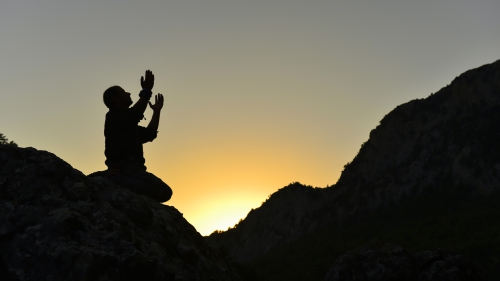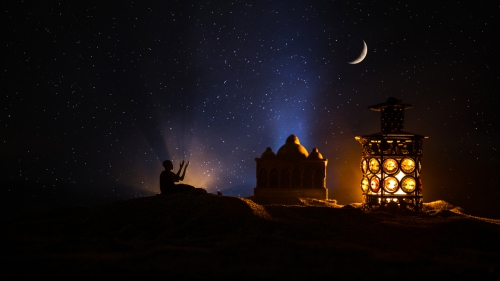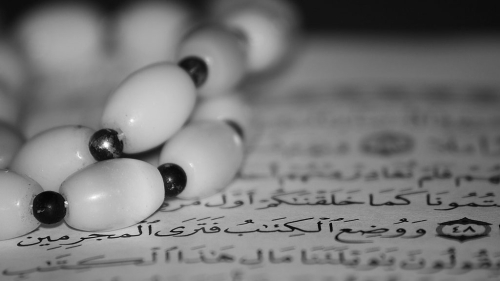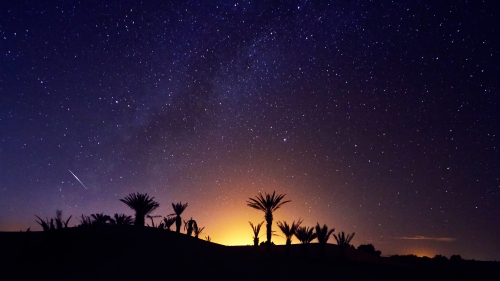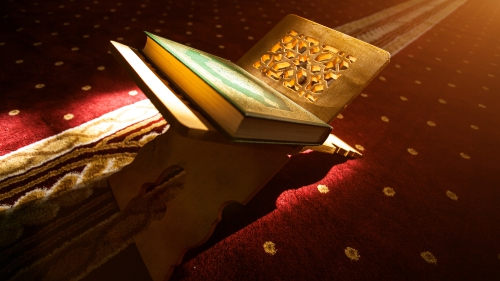Seeking protection from evil of humans
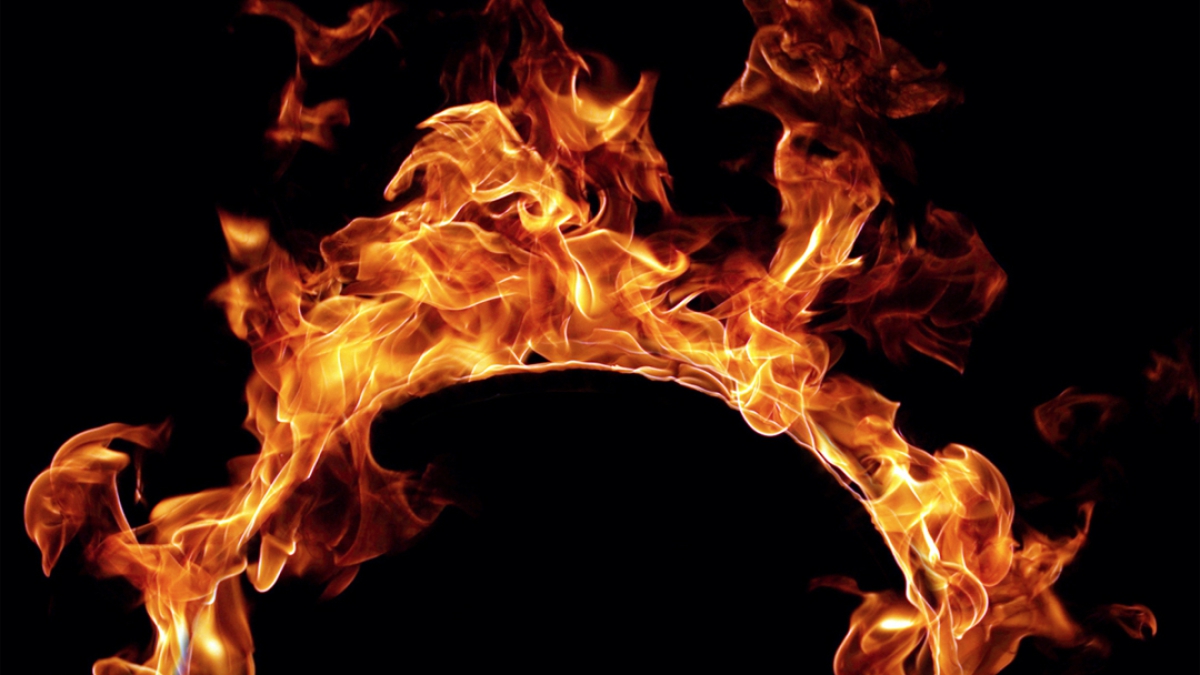
Muslims recite chapter 113 of the Quran (Sura Al Falaq) as a supplication for protection against evil. Evil is described as devoid of any norms of morality or complete absence of good. In certain religious contexts, evil is described as a supernatural force. In the following verses God is asking humankind to seek His protection from the evil perpetuated by humans themselves.
In the name of God, Most Gracious and Most Merciful
Say, ‘I seek refuge with the Lord of daybreak, from the evil of what He has created, And from the evil of the dark night when it penetrates, And from the evil of the blowers (men or women) into knots, And from the evil of an envious one when he envies. (Quran 113:1-5)
1. Say: “I seek refuge with the Lord of the rising dawn (al-falaq)”
The Prophet Muhammad (s) and all of mankind are instructed in this first verse to seek refuge with the Lord of rising dawn.
The term al-falaq ("the light of dawn" or "the rising dawn") is often used to describe "the emergence of the truth after a period of uncertainty. "Lord of the rising dawn" implies that God is the source of all cognition of truth, and that one's "seeking refuge" with Him is synonymous with striving after truth.
2. From the evil (sharr) of what He has created
In this verse we are asking for protection “From the evil of WHAT He has created.” This is because nothing that God has created is evil. God has not created any creature for the sake of evil, but all His work is for the sake of good and a special purpose. However, from the qualities that He has created in the creatures to fulfill the purpose of their creation, sometimes evil appears from some kinds of creatures.
Even the Satan had good in him when he was created. Only when he disobeyed God that he turned to evil.
The word sharr (evil) is used for loss, injury, trouble and affliction as well as for the means which cause death, injuries and afflictions from hunger, disease, accidents, war, violence, etc.
Seeking refuge from evil contains two other meanings also. First, that man is praying to his God to protect him from the evil that has already taken place; second, that man is praying to his God to protect him from the evil that has not yet taken place.
3. And from the evil of the dark night when it penetrates
After seeking God's refuge from the evil of the creatures, now prayer is being made for seeking refuge from the evil of the darkness of night. This is when certain types of crime and violence are more active and some harmful animals also become active.
4. And from the evil of the blowers (men or women) into knots
In this verse we are asking God’s protection from those who are engaged in the practice of black magic or general evil.
In pre-Islamic Arabia various occult groups used to practice black magic by tying a string into a number of knots while blowing incantations on them.
In his explanation of the above verse, the Muslim scholar, Abu al-Qasim Mahmud ibn Umar al-Zamakhshari, categorically rejects all belief in the reality and effectiveness of such practices, as well as of the concept of "magic" as such. He explains that the reason why the believer is enjoined to "seek refuge with God" from such practices despite their palpable irrationality is to be found in the inherent sinfulness of such actions, and in the mental danger in which they may involve their author.
5. And from the evil of the envious when he envies
The final evil that we should seek refuge from is the evil of envious humans. You may not think that human envy can harm you, but it certainly can and does.
For one thing, the first evidence of jealousy and envy came from Satan towards Prophet Adam (s).
And the second instance of envy came from Prophet Adam’s own sons, Abil and Qabil.
God accepted Abil’s devotion but not Qabil’s. Qabil became envious and killed his brother. (Ref Quran 5:27)
Reference:
- Mysteries of The Quran: Surah Al-Falaq by Abu Ibrahim
- The Meaning of the Qur'an - Sayyid Abul Ala Maududi – Translated by Muhammad Akbar
- The Message of The Qur'an by Muhammad Asad
Topics: Dua (Supplication), Quran, Satan (Iblis), Violence
Views: 23069
Related Suggestions









